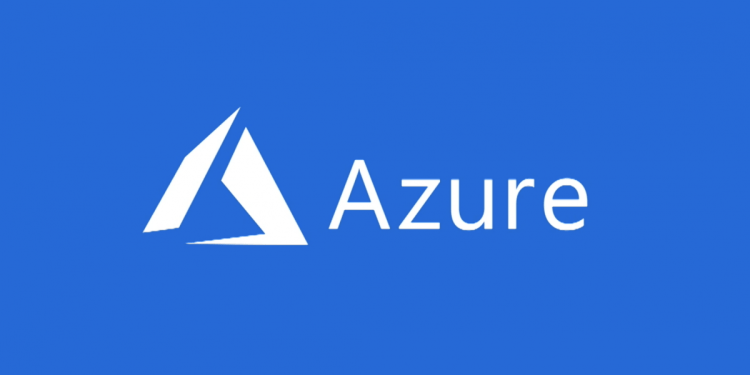Watch all the Transform 2020 sessions on-demand here.
Big data analytics is no joke — research firm Research and Markets anticipates the segment will be worth upwards of $40.6 billion by 2024. Perhaps that’s why it’s not surprising that ahead of Inspire 2019 in Las Vegas, Microsoft announced a new Azure service — Azure Data Share — designed to make sharing big data among organizations “easier” and “safer.”
It’ll launch in public preview on July 15.
“Currently, sharing large data files outside an organization can be complex, costly and often lacks the scale, security and policy controls enterprises need,” wrote Microsoft in a press release. “The new Microsoft offering provides a simple and safe solution for sharing big data, allowing companies to govern their data for manageability and productivity.”
Concretely, Azure Data Share protects data by leveraging underlying Azure security measures like authentication, encryption, and instant access revocation. With it, data providers can set up a new data share containing data sets from a variety of Azure data sources, and invite multiple customers and partners to the share while exercising control over sensitive information within. Providers can furthermore manage and monitor who has accessed the data share and how frequently they’re receiving updates, and perhaps best of all, they don’t need to deploy infrastructure or write so much as a line of code.
June 5th: The AI Audit in NYC
Join us next week in NYC to engage with top executive leaders, delving into strategies for auditing AI models to ensure fairness, optimal performance, and ethical compliance across diverse organizations. Secure your attendance for this exclusive invite-only event.
“Azure Data Share … offers a simple pane of glass over your data sharing relationships,” wrote Microsoft.
Azure Data Share launched alongside the public preview of Azure Blob API interoperability with Azure Data Lake Storage Gen2, which enables customers to manage workloads with Blob APIs in addition to Azure Data Lake Storage Gen2 APIs. Azure Data Lake Gen2, which debuted in February, provides a Hadoop Distributed File System-compatible repository for storing both structured and unstructured data, along with an Azure Blob File System driver that allows files and folders to be distinctly addressed on the server side.


